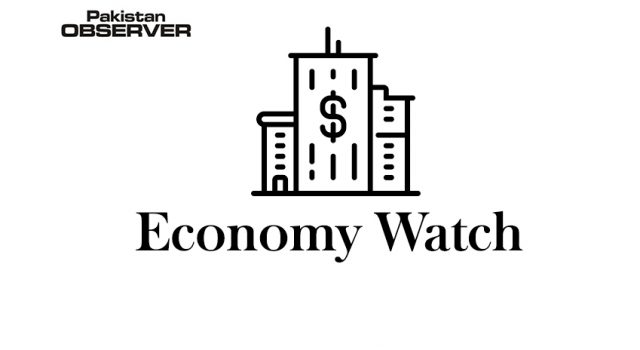New York
After reaching a $65 billion restructuring agreement in principle with its creditors earlier this month, Argentina must now turn to relief from the International Monetary Fund to free up cash in the near term, the IIF said on Tuesday. “We think external financing will be comfortable if the IMF rolls over its exposure,” the Institute of International Finance said in a note. The agreement with creditors gives Argentina much-needed breathing space. Cash flows into and out of the country have ground to a halt, partly due to capital controls and the nonpayment of obligations during the debt negotiations. “As long as capital controls remain in place, resident capital flight will not be a source of pressure,” said the IIF. Payments to the IMF could quickly become unsustainable under the current schedule. The large payments due to the IMF stem from having received the largest-ever program from the Fund in 2018. Beyond that new agreement expected with the IMF, investors are focused on Argentina’s medium-term economic plan, according to Sergi Lanau, deputy chief economist at the IIF. Prudent fiscal policy has been hard to come by for Argentina, Lanau said, adding that the government has done “a lot” on the tax side and now it is “more likely that it’s unavoidable to look for savings on the spending side. “That’s always politically and socially complicated, but it needs to be done.”—Reuters
GDP output growth was 8.7% in June, the ONS said. “The economy began to bounce back in June, with shops reopening, factories beginning to ramp up production and house-building continuing to recover,” noted Jonathan Athow, deputy national statistician as the statistics office. “Despite this, GDP in June still remains a sixth below its level in February, before the virus struck. “Overall, productivity saw its largest-ever fall in the second quarter. Hospitality was worst hit, with productivity in that industry falling by three-quarters in recent months,” he added. Britain’s recession is its first since the 2008 global financial crisis. The grim economic news comes despite unprecedented government interventions, including spending tens of billions of pounds on job support schemes in a bid to avoid mass layoffs. The Bank of England is meanwhile pumping out hundreds of billions of pounds in cash stimulus and has slashed its main interest rate to a record-low 0.1%. ONS data released Monday showed that around 730,000 workers have been removed from the payrolls of British companies since March. Announcements of job cuts have become a daily occurrence, with companies expected to pick up the pace of layoffs as the government’s key employment support scheme ends in October. The BoE expects the unemployment rate to shoot higher to around 7.5% by the end of the year from 3.9% currently. The central bank forecasts also that the UK economy will have contracted by 9.5% for the whole of 2020. It estimates that UK gross domestic product will rebound in 2021 by nine percent.









